VOTER STORIES
After the 2024 Presidential election, the authors of Beyond the Politics of Contempt talked to many people from across the country asking for their thoughts and reactions. We wanted to get below the surface of what people were seeing and hearing in national press and social media.
We found that these Americans, when approached in the spirit of curiosity (not being judged or pigeonholed), willingly engaged in an open and thoughtful manner. We include some of their stories below, several of which were updated after Donald Trump took office. While these ten stories do not represent a sampling of national opinion, they include a variety of perspectives.
NEW YORK VOTER / TENNESSEE TRANSPLANT FOR HARRIS

This white male in his mid-twenties was raised in Tennessee, but moved to New York state for a university job. He voted for Kamala Harris and is disappointed by the results. At the same time, “I saw where the country went, that Trump won the popular vote, and I accept the results 100%.” He believes that Trump won because, “people were upset with status quo politics and high grocery store prices and interest rates.”
Many voters, he believes, thought they were being “gaslighted” by reports on the positive economy and reports that crime was going down. “People don’t believe it” and felt “talked down to by the Democrats. ” They “don’t trust the media,” he added. Many voters, he believes, were upset by “land acknowledgements” that refer to areas of the country as part of tribal lands. He believes that many were “upset with left-wing rhetoric, pronouns, defund the police, etc.” Even when Harris wasn’t saying these things, people associated with Democratic party politics, he said.
With respect to foreign policy, he thinks that Americans are “war weary.” “I support US support for Ukraine, but many Americans are tired of supporting war,” he observed. He thinks many Americans have overestimated how much US money went to Ukraine.
CONNECTICUT VOTER FOR TRUMP
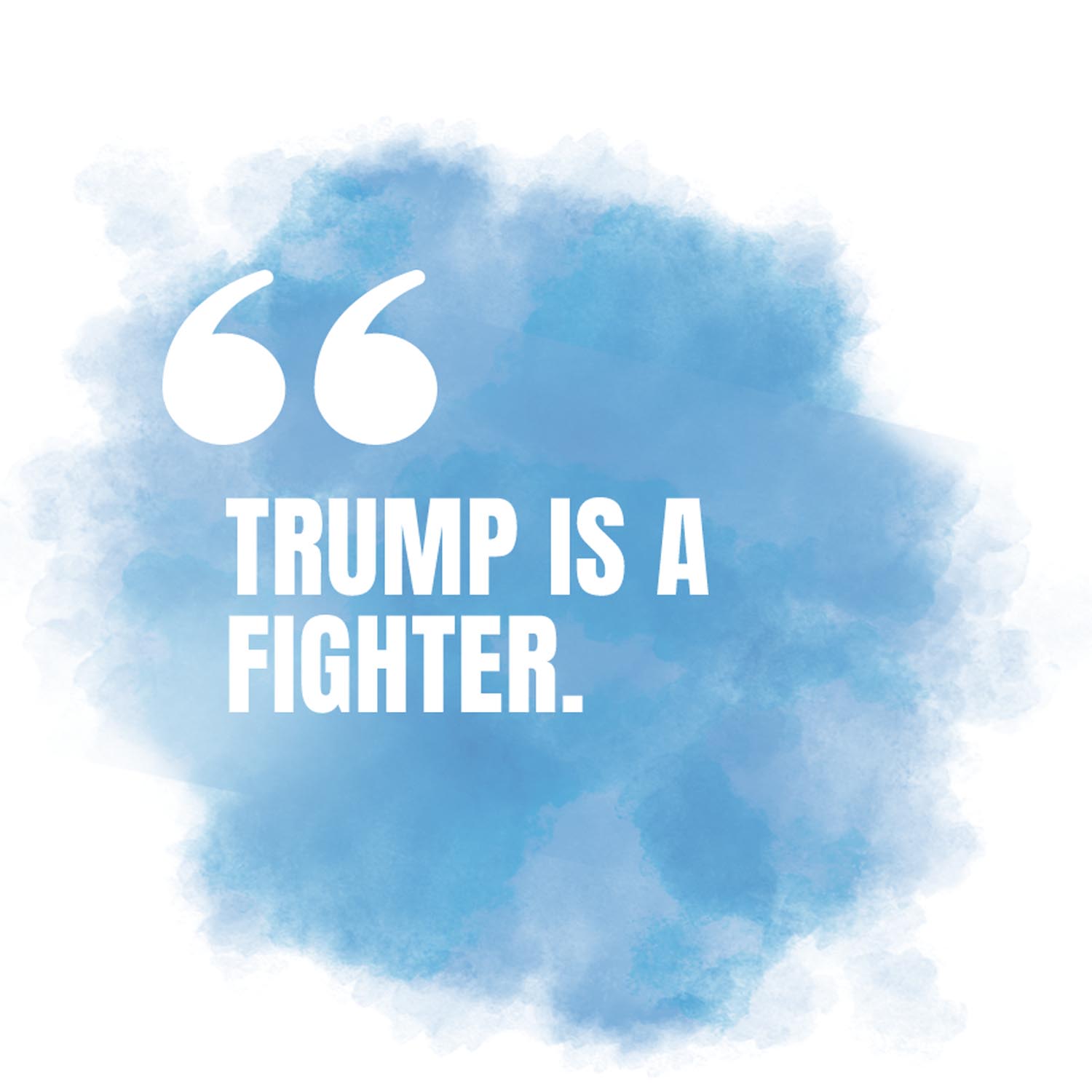
This white male in his late sixties was “thrilled” that Donald Trump won. He thought a big factor in Trump’s victory was that, “Harris kept saying she wanted to change things, but never said how.” She didn’t do many interviews so people didn’t see what she was supporting, he believes. He also didn’t like, “calling Trump a Nazi and a dictator,” but admitted, “sometimes I didn’t like Trump’s rhetoric also.” “People wanted change on the economy and prices of food and interest rates,” he added.
This voter shared a story of having to junk his car because the frame was rusted and that he found it much harder to buy a new one due to the high interest rates. A lot of people were complaining with stories like these, he believes. He grew up in Maryland and moved to Connecticut 30 years ago when he met his wife who worked for the same communications company – she was a despatcher and he was a technician making field calls. He used to be a Democrat, but, in 2016, he voted for Trump because he did not trust Hillary Clinton.
He likes Trump because he is, “open and does what he says and seems like a normal person, not above everyone. Trump relates to the average person, such as when he went to McDonalds; he’s a fighter.” This voter didn’t like the impeachments during Trump’s first term and thought he was treated unfairly.
NORTH CAROLINA VOTER FOR HARRIS
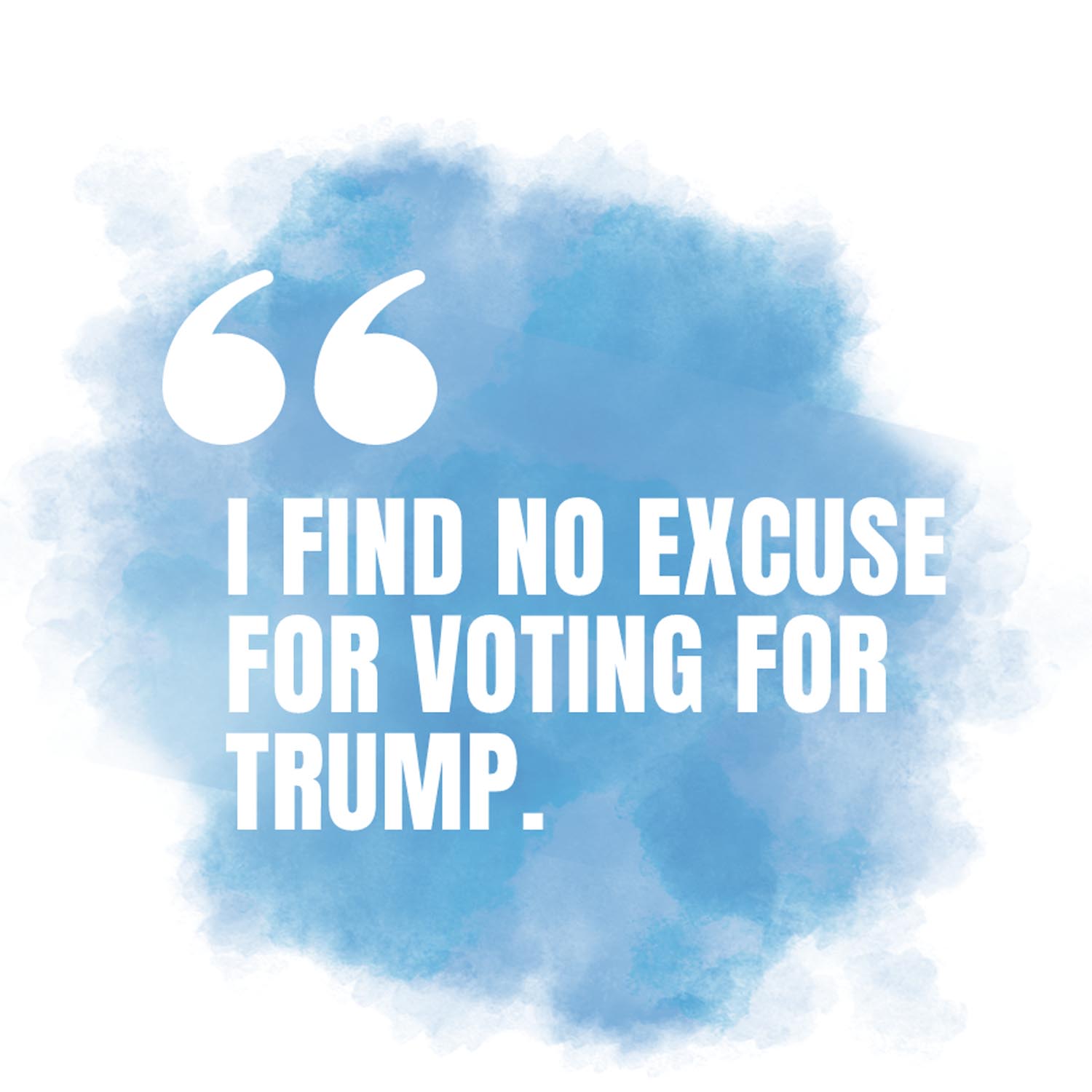
This voter in his mid-60s called the election a “sad day” for our country even if the result was “not surprising.” Hopefully, it won’t be as “tragic as it could be,” and he is waiting to see what happens. “As an older, white, straight, educated, fiscally secure male,” he believes he will escape “the carnage that Trump will try to create,” but says he typically doesn’t vote for his own interests but rather for those who are less fortunate than he is. He said that Republicans “need to clean their house,” that Trump would not qualify for any public or private sector job “due to his character and the things he says.” But he also noted that he thinks voting for people with bad character seems to be an international trend.
This former teacher lives in a rural part of the state that voted heavily for Trump, even as many rejected Republicans running for state offices. The Republican party, he believes, “got highjacked by 30% of Republican voters and eventually the other 70% jumped on board.” Democrats never made the mistake of putting up a “sleaze bag character . . a bad man.” He puts the blame solely on the Republicans and says he “doesn’t care what Dems did wrong. It doesn’t matter. The can of worms has been opened that anyone can say or do what they want and still get elected.”
He said that the people, “voted for someone who supports and encourages racism, sexism, xenophobia, and homophobia. I fear it will happen again and again.” In the past there were political consequences for bad behavior, he argues. For example, he believes that Gore lost the Presidency in 2000 “due to Clinton’s misdeeds” and, in 1987, Gary Hart dropped out of the race due to an apparent extramarital affair on the boat “Monkey Business.” “It used to be people were held accountable for their behavior but maybe no more,” he sighed. “It is sad what this says about our country,” opined this voter. “I find no excuse for voting for Trump, no matter how supposedly bad an economy or difference of opinions on social issues.”
TENNESSEAN KEEPS HER VOTE TO HERSELF
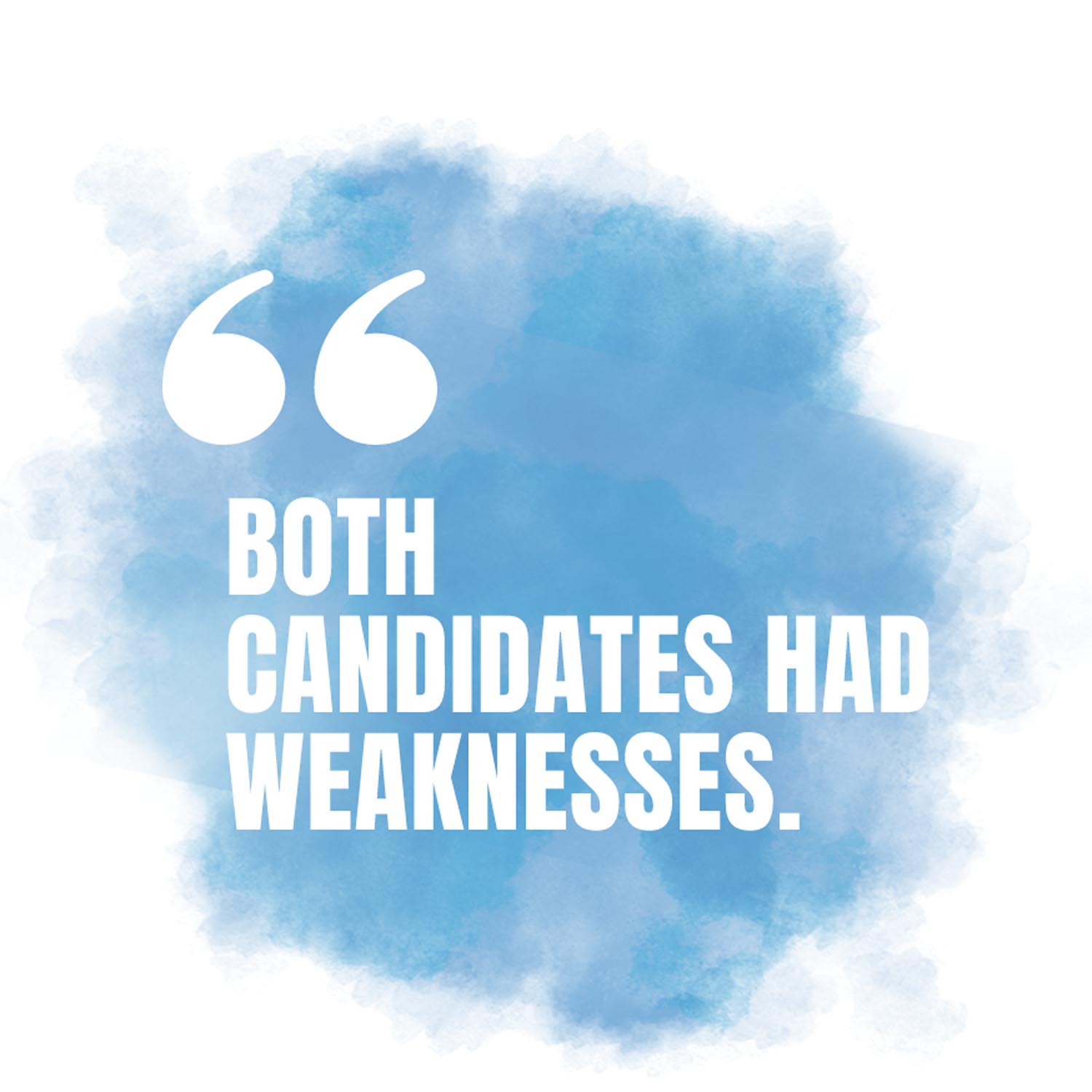
This white female in her 50s had a bad experience when someone asked how she voted in 2016, and the ensuing conversation “almost destroyed” that relationship. She decided to “never again” share her voting decision. Some people get irritated that she doesn’t say who she voted for and they may disengage “because they can’t get their ‘fix’ for a conversation that will confirm their views or provide them more fodder for outrage… interactions requiring patient dialogue or slowing self-righteous inertia don’t scratch the itch for feeding their existing energy.”
This Louisiana native is frustrated with the political environment of for-me-or-against-me language and terms like “stupid and idiot” that she finds “childish” and “bullying.” She expressed frustration that both political parties failed to take advantage of the four years since the last election to develop candidates, and that they appear “lazy, apathetic, and unpatriotic.” The media environment adds to the problem: “If you want to say something that is longer than a tweet, it is hard to appeal to the masses.” She is “very disappointed at the lack of journalistic integrity” with headlines and soundbites that “are designed to elicit emotion rather than reason.” She understands that appealing to emotions is “more profitable” yet it exacerbates polarization which makes her “incredibly disgusted, disappointed, and sad.”
She said that 2024 was a “very sobering election” and that both candidates had weaknesses. Kamala Harris seemed “susceptible to the most extreme progressive loud voices. It seems like she was controlled by people who strategize outside the bounds of what is beneficial for the country as a whole.” She feels that Harris promoted unfair and “out of context” stories on Trump such as his sending COVID tests to Russia as world leaders shared many resources related to controlling the virus at the onset of the pandemic.
This voter finds it “beyond reason” the way “both sides amplify unfair characterizations.” She finds Trump “very black and white in his thinking and his language very juvenile, relying on name-calling and insults instead of concrete policy flaws of his opponents.” She hopes that the people surrounding him will be a mitigating force. This voter concluded that she “can’t say I have any more qualms about the future than if the election had gone the other way. I just don’t believe anybody’s position is the whole of reality.”
GEORGIA VOTER FOR HARRIS
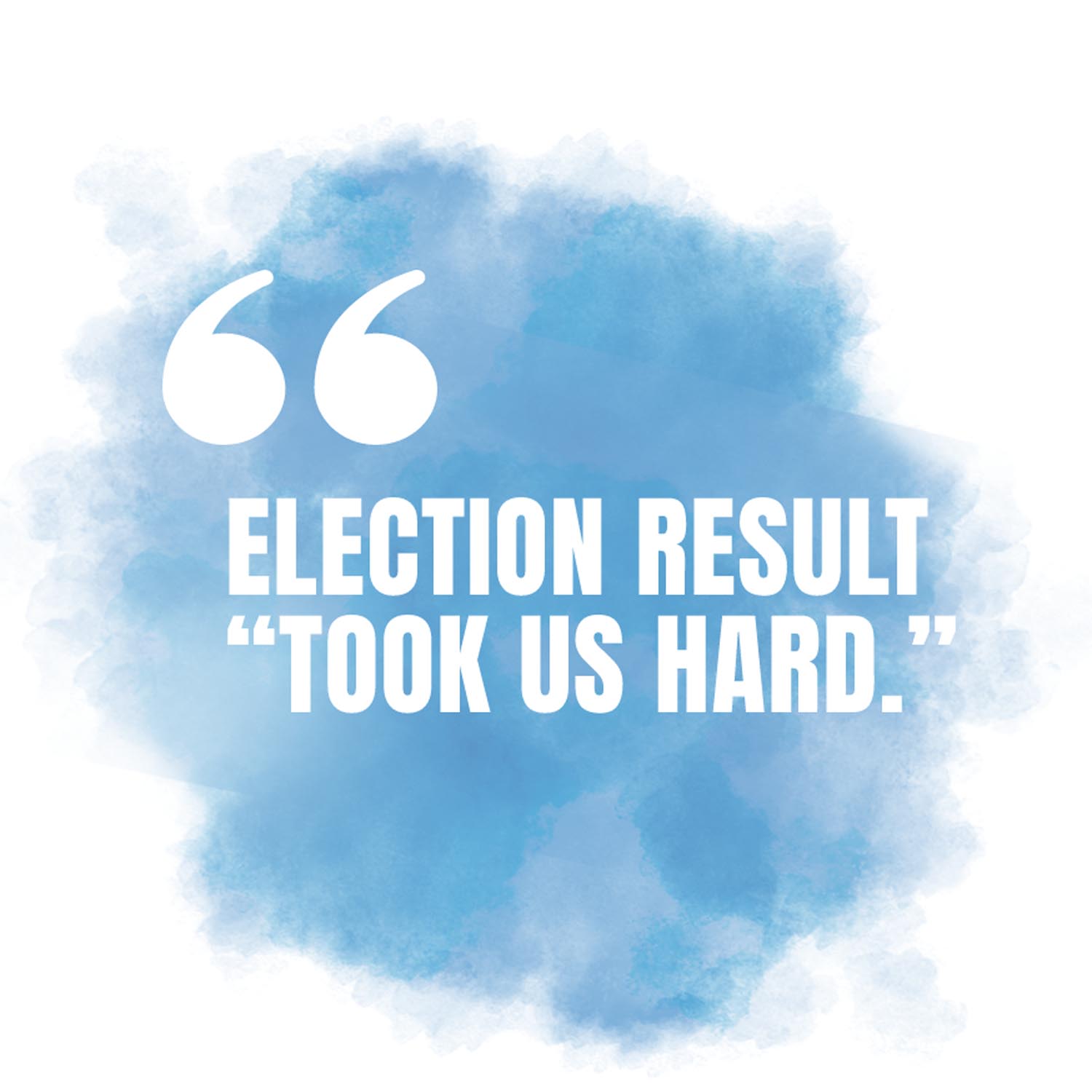
This 48-year-old black professional woman runs her own consulting business. She was an enthusiastic Harris voter who took her young daughter to a Harris rally and the election result “took us hard.” She was dismayed that there were 30 bomb threats on election day in voting precincts near black churches in her state and knows some people who did not vote because of that. She was “heartbroken” by the result and is considering leaving the country.
She believes that the election, “revealed something about where people are going in this country” and has a “hard time understanding how people can decide to ignore some of the character stuff” related to Donald Trump. She is disappointed that people can be so focused on self-interest to ignore that.
This Georgia voter believes gender and race played a big role in the election and that many voters saw a black woman as a bigger threat than someone who has many personal flaws. She objects to the assertion that working class people voted for Trump when most working-class black voters did not. She thinks the country is very connected to the past, and that many people vote against their self-interest.
FLORIDA VOTER FOR TRUMP

This 65-year-old white man and owner of a home repair small business wants a President who can get things done, and “Trump steps on toes to get things done.” He was happy that Trump won, but still had mixed feelings afterward. He expressed frustration that so many people were against Trump and didn’t like that he was called a Nazi. He thinks many people are not looking at the positive sides of getting people together. He doesn’t like the way the press has tried to sway the public against Trump’s actions since the election. He wishes the press would focus more on good news and people helping others rather than being so negative.
This Floridian brought up the immigration issue, making the observation that, “illegal aliens who come into the country the wrong way hurt people who are trying to do it right.” He also expressed frustration at the national division and “doesn’t like that we are inundated through social media to be against each other.” He is upset that families are being so torn apart by politics, noting the painful divide between a cousin and that cousin’s daughter who doesn’t speak to her father or allow him to see his grandchildren.
A COLORADO VOTER WROTE-IN NIKKI HALEY
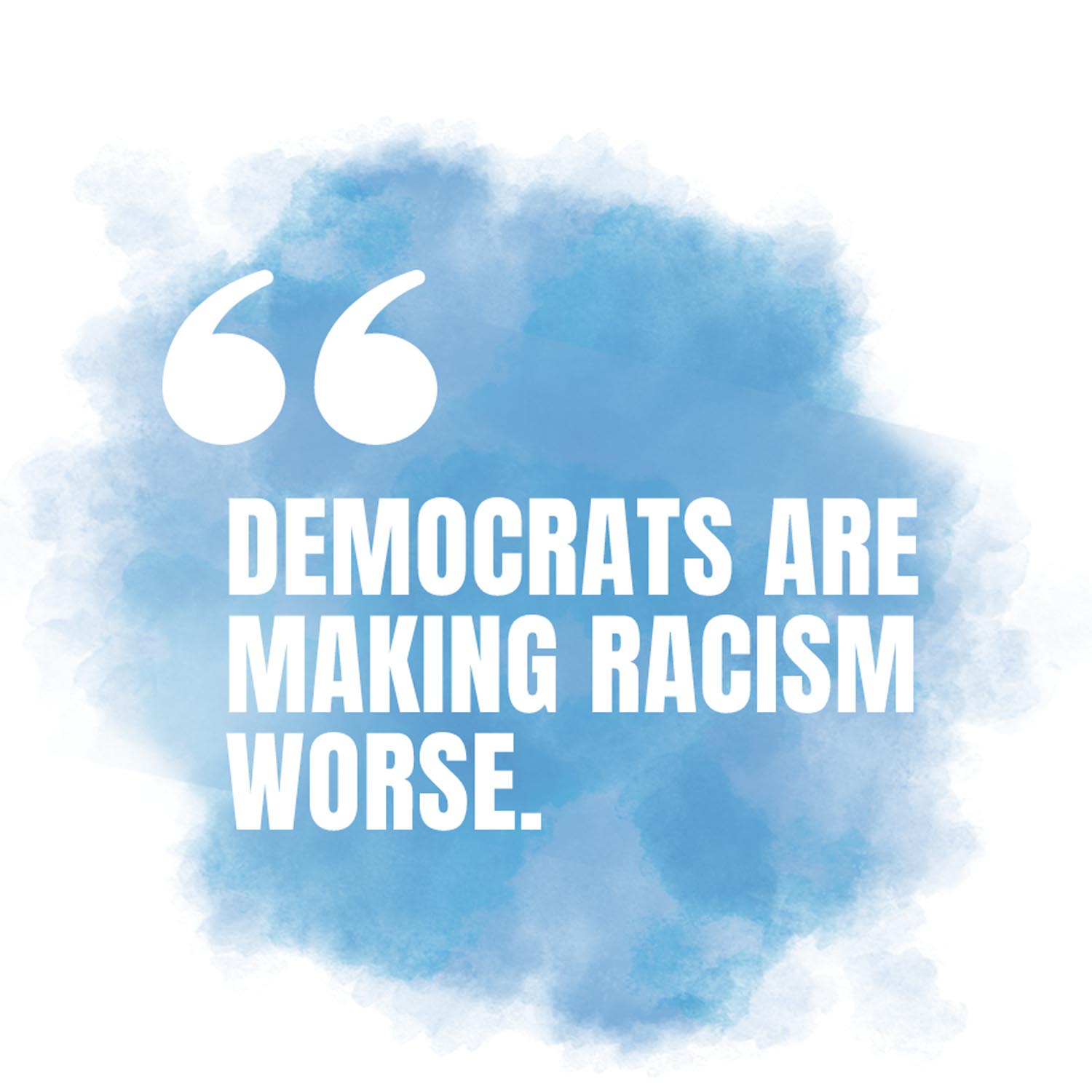
This 45-year-old male grew up in Arizona but has lived in Colorado since completing graduate school. He described himself as “pretty conservative” but would not vote for the Republican nominee due to concerns about Trump’s temperament and leadership traits. He said that the Democratic Party’s morals and values do not align with his so he could not have voted for Kamala Harris either. Both he and his girlfriend wrote-in Nikki Haley. He admits that, had he lived in a battleground state, that decision might have been tougher.
This voter believes that the border issue is much more significant than the Democrats let on and their stance has made it worse. Coming from Arizona, he has witnessed firsthand the problems at the border and described knee deep piles of clothes that those who cross illegally abandon as they change into one clean set of clothes to more easily blend in when they reach the US. He also associates increased crime and begging in Colorado to liberal policing and illegal immigration.
He thinks the Democratic party is out of touch with their view that “a man can be a woman” and believes that “social things differentiate people more than economics.” He also has a strong aversion to the Democratic party’s desire to view the world through the lens of victim/victimizer and divide people based on color, gender, and sexual orientation: “I believe it’s taking us backwards and is making racism worse.”
This Coloradan believes that media attacks against Trump contributed to his victory. He thinks the media is strongly biased and, as outrageous as Trump’s comments can be, the media criticisms make him seem like a victim. Further, Trump has “allowed or even encouraged conservatives to embrace victim and/or entitlement culture.” His girlfriend added that Trump, “taps into people’s desire to not be held accountable for their actions or have empathy for others, and instead to do and say whatever you want to.”
CALIFORNIA VOTER FOR TRUMP
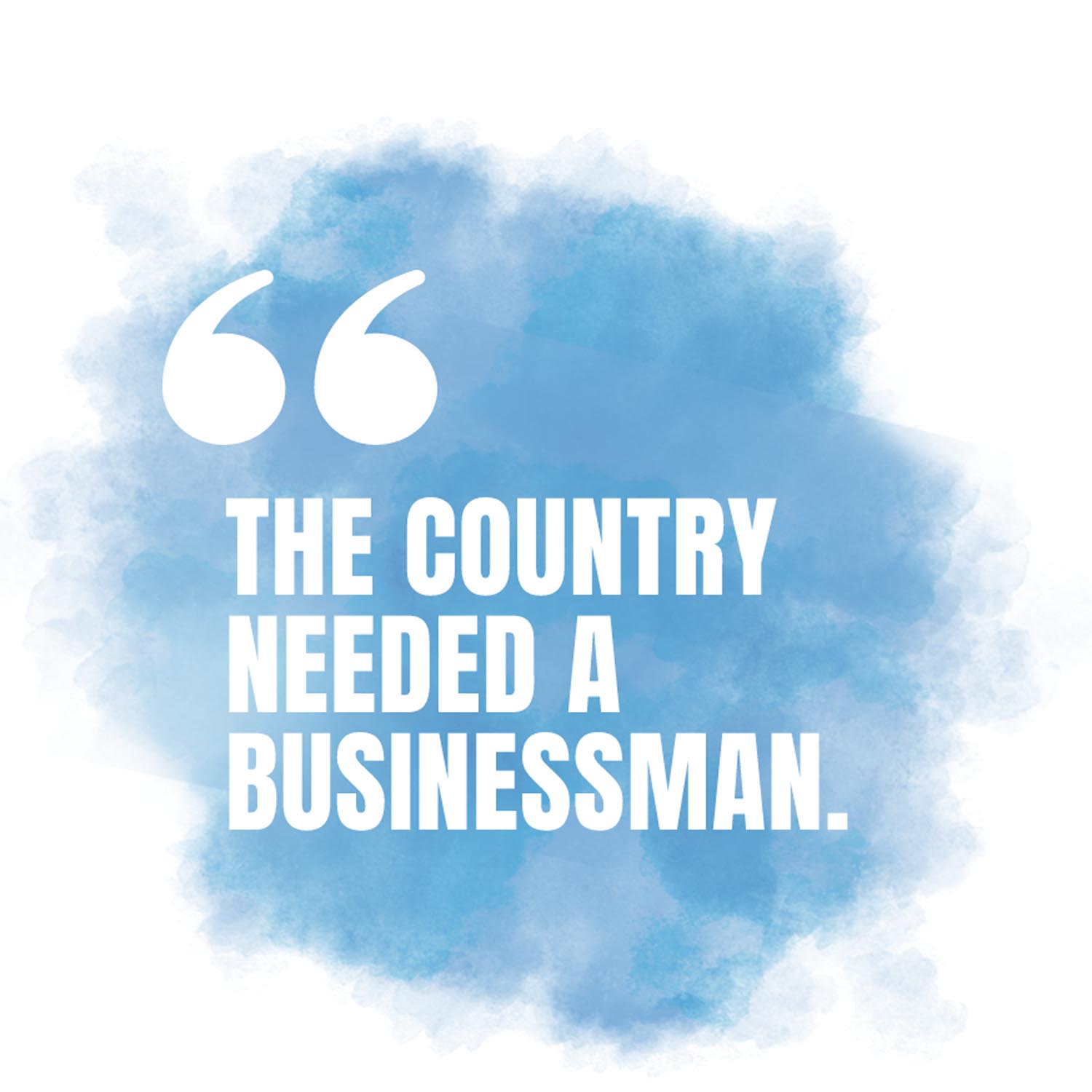
A few days after the election, author Doug traveled to California for a funeral. On a San Francisco airport shuttle train to the rental car location, he sat down next to a man with a hat that read “We the People Are Pissed Off.” Doug was curious and inquired about the message on his ball cap. The 50ish aged white man welcomed the question and said he rarely voted because he saw little difference between the political parties.
He mentioned Ross Perot as the last candidate that had really interested him. But, this time, he voted for Donald Trump because he thought the country needed a businessman even though he was concerned about Trump’s language. He also expressed concerns about the Democratic Party support for DEI efforts. “They only want to include people who agree with them,” he said. He also mentioned the abortion issue, saying he was Catholic and that that Democrats supported killing babies.
NEW YORK VOTER FOR HARRIS
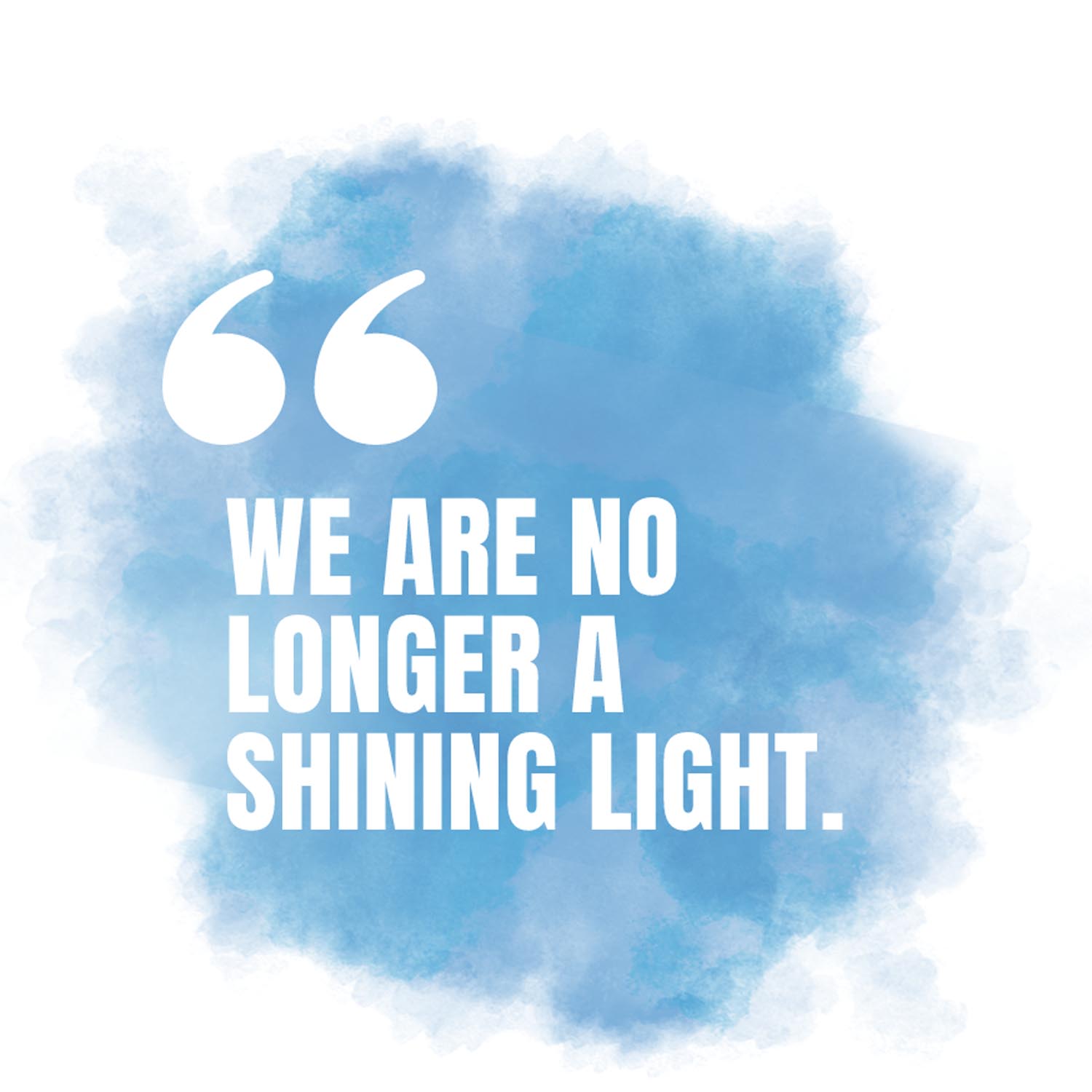
This 69-year-old man voted enthusiastically for Harris and has a hard time understanding, “how people have so overwhelmingly embraced a person like Trump. His character and actions have been on full display for nine years and it’s ugly.” He adds that Trump refused to honor a peaceful transfer of power, sowed national distrust, called the 2020 election results the “Big Lie” and “incited and supported an insurrection to block the certification of a verifiable free and fair election.”
This voter adds that Trump was impeached twice and, “convicted of rape in a civil lawsuit among numerous accusations of sexual misconduct of women; convicted of 34 counts in New York State for a cover-up of payments to a porn star with whom he had a sexual tryst; was convicted of bank fraud for falsely inflating his net worth and unjustly enriching himself.” He believes that Trump incessantly lies and fabricates false information and is overtly racist and misogynist.
He adds that Trump publicly mocked a handicapped journalist during a press conference, encourages violence and revenge on those who disagree with him, and “is more willing to support authoritarian dictators than listen to his own cabinet and experts.” He is concerned that the majority has voted in a way that is harmful to many even if they “don’t agree or even understand the ramifications of their choices.” This New Yorker recognizes that people don’t necessarily live in the same realities (depending on their backgrounds, where they get their news, and for other reasons). “It’s complicated,” he admits.
As someone who spends a lot of time in France, he says he has seen firsthand how the Trump Administration has badly damaged the US’s reputation abroad as a dependable ally and the predominant global democracy. He believes that Europeans are totally mystified how Trump could have been elected the first time and find it incomprehensible that he was elected for a second term. “They are watching the relationship with the US and Europe unravel, and are fearful of what they see as an unhinged totalitarian president destroying the world order created since the Second World War.” He doesn’t think this begins to address, “the destruction of critical domestic and international agencies, waging unnecessary trade wars and destabilizing the US and world economies, ignoring the Constitution, hiring unqualified loyalists to his cabinet, and rounding up and deporting people without due process under the law.” “We are no longer a Shining Light. What has happening in America is truly dark,” he concluded.
OKLAHOMA TRANSPLANT THANKFUL THAT SHE COULDN’T VOTE
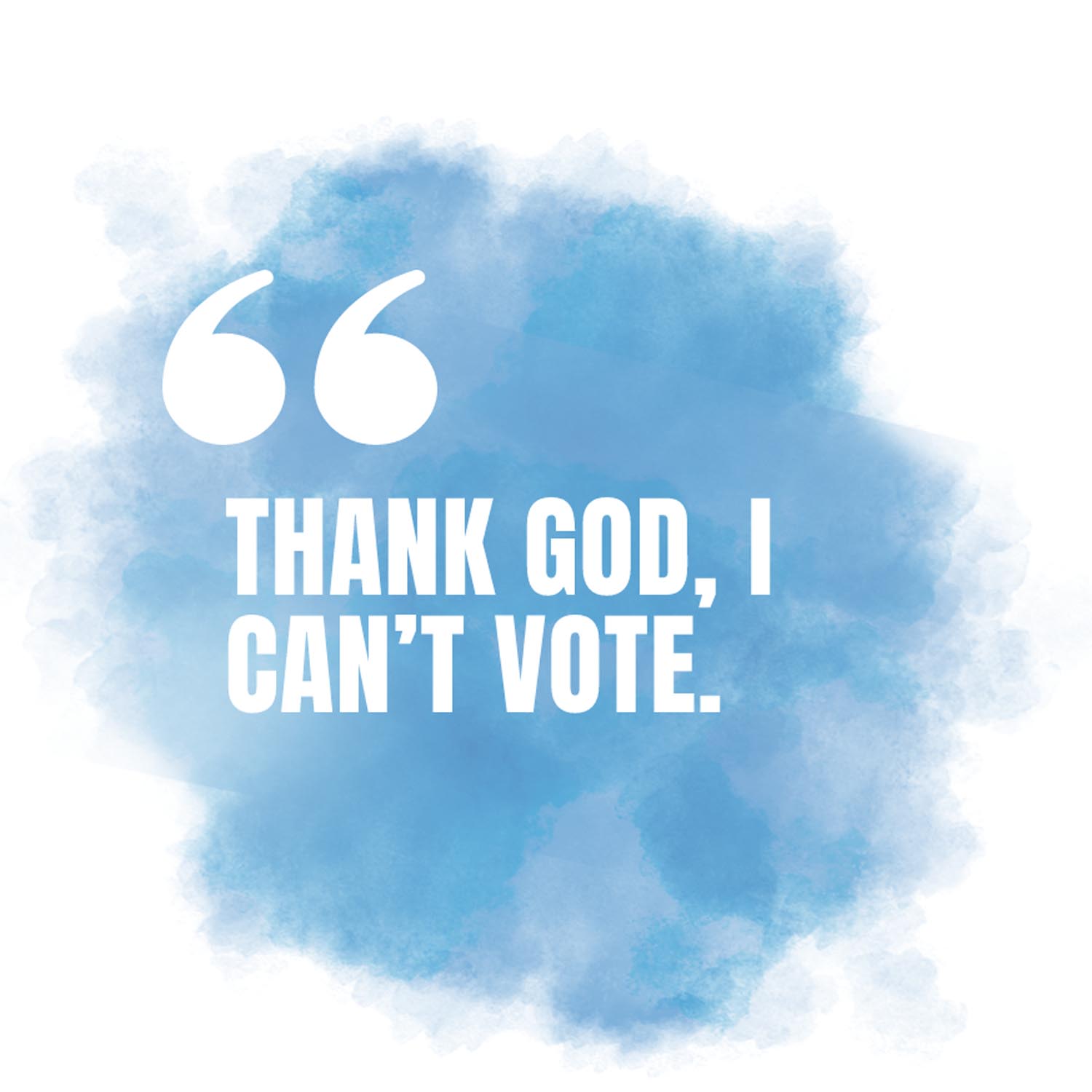
This white woman in her early thirties is raising a child without involvement of the biological father. Her divorced parents have strongly different opinions about politics and she “falls in the middle.” She recently met a man from Oklahoma who convinced her to move with him from Oregon to his home state.
She once got into a yelling match with her father at an Olive Garden restaurant over Obama. They later watched together “The Social Dilemma,” a documentary about negative impacts of social media, that helped bring them together. She also went through some training on crucial conversations at work that helped her to see others in a more respectful way. Her boyfriend made derisive comments about Kamala Harris that she found very upsetting. She is concerned about gender pay disparities.
As a professional herself, this young woman believes professionalism is important for political leaders and is upset that Trump, “doesn’t act that way.” She and her boyfriend did not move in time to receive Oklahoma driving licenses (an election requirement in that state) so they were not able vote in November. That was okay with this young woman as she was very torn. “Thank God, I can’t vote,” she sighed.